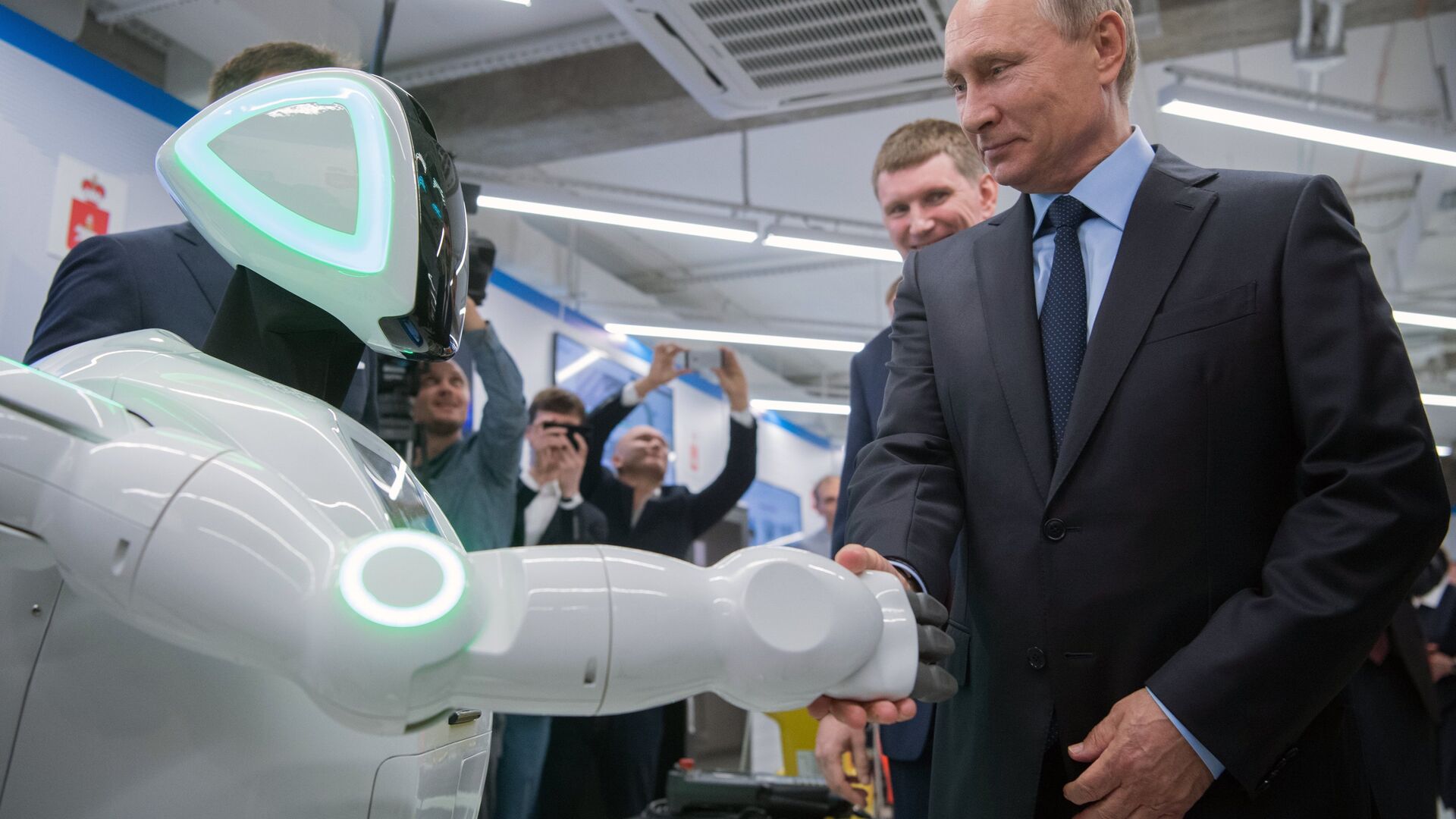Russia Seeks to Offer Technological Sovereignty to Developing Nations

© Sputnik / Sergey Guneev
/ Subscribe
Russia could become a supplier of technological sovereignty to Third World countries, but when entering foreign markets it's crucial to come with the manufacturer's product line rather than various brands, said Natalya Kasperskaya, the head of the Association of Software Developers (ARPP), on the sidelines of the Data Fusion-2024 forum.
She noted that while "unfriendly" countries may not be the primary focus, developing countries are viable markets. Kasperskaya emphasised the importance of introducing a product line, rather than just brands, when entering foreign markets.
She highlighted the role of the IT industry as a form of colonisation, with foreign manufacturers rapidly entering and exiting the Russian market. This situation emphasised the need to manage technologies internally, which offered significant export opportunities.
Vladimir Putin on Russia's technological sovereignty:
— Sputnik (@SputnikInt) February 29, 2024
▪️ Science serves as the cornerstone of Russia's technological advancement;
▪️Technological sovereignty projects should become a driver for the renewal of the Russian economy and industry;
▪️By 2030, the share of imports… pic.twitter.com/Ownr4bAjkF
Kasperskaya explained that the IT industry is a method of colonisation, and this is "clearly demonstrated" by Western companies leaving the Russian market. Such an outcome showed the possibilities of managing technologies from the outside, "these are very good prerequisites for export".
Kasperskaya argued that finding a compromise is crucial for Russia to transfer IT technologies. She highlighted the complexities involved, such as replicating the entire technology chain within a country, from education to engineering. Even after the technology has been transferred, ongoing support is essential.
"The transfer of technology is a somewhat tricky business. On the one hand, we're passing it on, but on the other hand, we understand that to reproduce the technology, the entire technological chain needs to be replicated within the country, starting from school education, university education, companies that will implement it, engineers, and so on. Even if we transfer this technology, we need to support it," Kasperskaya said.
